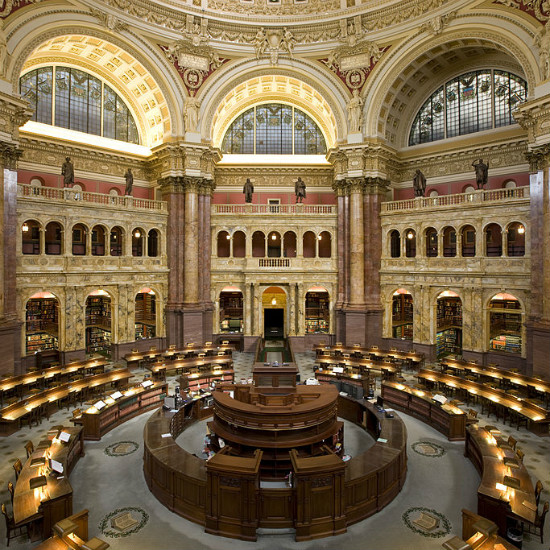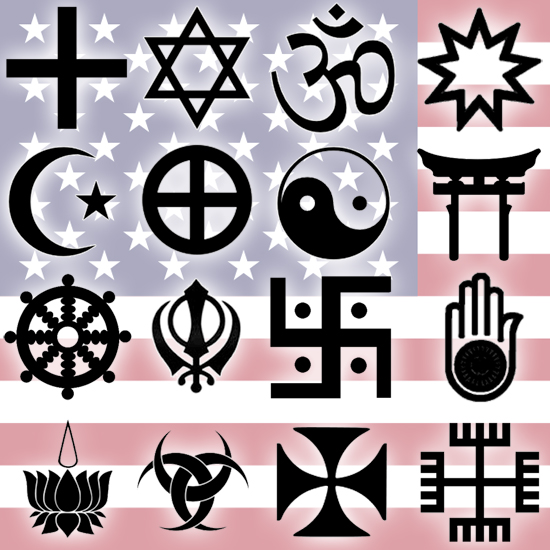 Physicist Lawrence Krauss apparently suggested this past week that religion could disappear in a single generation if we were to plant doubt effectively in the world’s children. As happened with slavery and opposition to gay marriage, Krauss implied, religion could simply go away as a population of children come into adulthood carrying an intuitive recognition of religion’s not-true-ness.
Physicist Lawrence Krauss apparently suggested this past week that religion could disappear in a single generation if we were to plant doubt effectively in the world’s children. As happened with slavery and opposition to gay marriage, Krauss implied, religion could simply go away as a population of children come into adulthood carrying an intuitive recognition of religion’s not-true-ness.
It’s very difficult not to characterize Krauss’s suggestion as an expression of faith. As Douglas Jacobsen showed in a response to Krauss, evidence from such places as the Soviet Union shows that religion readily reemerges across non-religious generations, and perhaps in even more disagreeable forms that lack the depth of continuous generations of theological development. Besides, unlike gay marriage wrecks the family—a proposition that Krauss is probably right to expect the rising generation to abandon—religion is not a proposition.
At least, if religion is essentially a proposition that the rising generation’s disbelief will strangle, then secular humanism in the United States is in trouble. While Krauss was prophesying religion’s demise last week, a federal court made secular humanism America’s newest religion. If the rising generation abandons religion, we can expect it to leave secular humanism behind with it.
Clearly, I am committing all sorts of rhetorical crimes here. Krauss would not necessarily assent to the court’s opinion that secular humanism is a religion, and it’s a terrific fallacy of my argument not only to suggest that Krauss should be bound and his opinion invalidated by this federal judge’s ruling, but also that secular humanism would desiccate and dissolve with the rest of religion in our inevitably atheist future because a federal judge tied religion and secular humanism together.
A similar fallacy lies in the suggestion that inculcating doubt in the youngest generation will kill religion, since this suggestion presumes that religion is a monolithic phenomenon, resting altogether and without exception on the ground that people must not doubt unfalsifiable propositions. The claim that doubt will end religion effectively asserts that Evangelical Christianity is Reform Judaism, and that the Dalai Lama must affirm, doubtlessly, every proposition spoken by Pope Benedict XVI.
Krauss—no doubt—intuits something plausible. As a conscious, rational species, we might very well grow up and out of certain propositions. Mostly we shed falsifiable propositions, not unfalsifiable ones. More-or-less generally, humanity has outgrown the old Renaissance notion of fluid “humours” that regulate our physiology, psychology, and emotions, while a good many people have not set aside the idea that non-physical entities can affect how we feel.
But, given the evidence that, as a species, we do outgrow ideas, we certainly might expect that, within a generation, we could set aside opposition to gay marriage, as a consequence of falsifying such eminently falsifiable claims as that same-sex couples threaten the stability of so-called traditional families, raise psychologically-stunted individuals, justify dangerously licentious behavior, etc. Indeed, we might even anticipate a new generation—raised in a circumstance in which the falsifications of these propositions have attained the status of a second-hand, what-else-is-new sort of truth—growing skeptical of the (religious) institutions that insisted on dogmatic acceptance of these falsified propositions. Thus, this new, skeptical generation would come to doubt even the unfalsifiable propositions these institutions make.
But this would not spell the end of religion, which is embedded in the ways in which people move about in existence, more than it is composed of propositions, falsifiable and otherwise. Robert Orsi, and others, for instance, have made the convincing case that we should add to the ways in which we define religion the understanding that religion emerges in relationships between people, and coalesces in the practices through which we establish and maintain relationships (often perfectly irrational practices, as, for instance, the rites that sustain relationships between the living and the dead).
No wonder that a judge would legally classify secular humanism as religion. Humanists also want to meet together, to sing together, to elevate their encounters through ceremonies, and to do other irrational things to sanctify—to humanitize—knowing each other.
Religion of this sort—and we see this sort of religion in all religions—not only adapts to the falsification of propositions that can be falsified, but evolves earnestly to accommodate doubt in unfalsifiable propositions. If Orsi and the rest are right, no matter how much doubt we engender, religion will not go away until there are no more people to form relationships and to act out what those relationships mean.
That fantastical future would not exactly be the triumph of humanism. Where religion not only represents but consists ofpeople, and materializes—with all of its propositional absurdity—in the urge somehow to make manifest how people are related, religion is, indeed, a humanist phenomenon, and what it might reveal about the gods is secondary to what it reveals about us.











